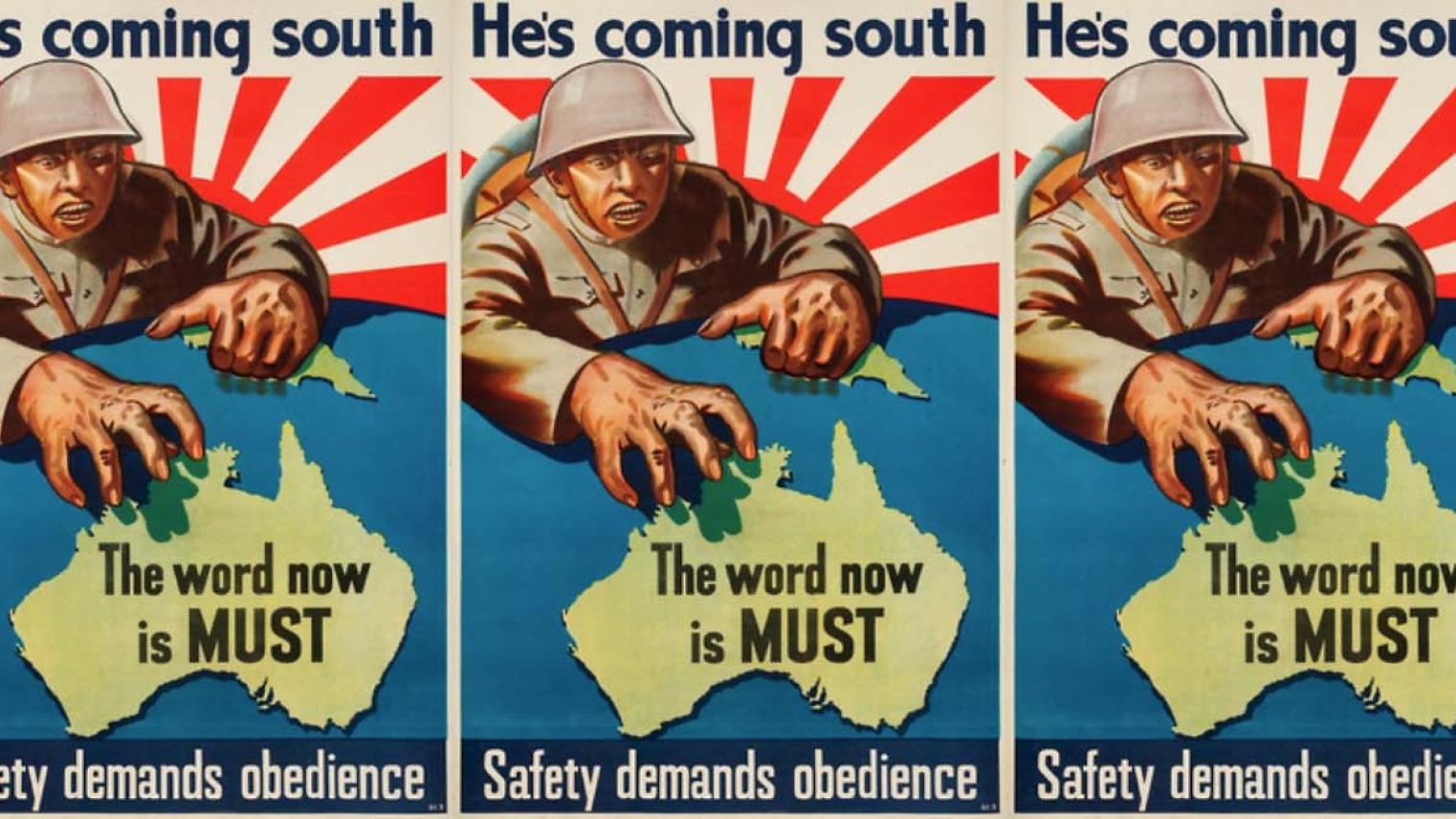During the First World War, Australian propaganda was dominated by stories about German atrocities against the Belgians. An attempt to follow suit with a similar approach about Japanese atrocities in 1942 failed and led to public anxiety about the treatment of Australian prisoners of war (POWs).
Thereafter atrocity material about the Japanese during the war was defined by what censors withheld, rather than by what they released. Atrocity stories had stimulated recruiting in the previous conflict, but they proved deeply unpopular in the Second World War, and were deemed ‘prejudicial to security or public morale’.
This seminar examines how Australian authorities negotiated the complex moral and strategic issues raised by the Australian POWs, and the debates that took place over whether or not the releasing stories of atrocities would assist, or damage, the war effort.
Watch the recording here.
About the speaker
Dr Emily Robertson is a research assistant at the Strategic Defence Studies Centre at ANU and did her PhD at UNSW Canberra. Her research focuses on the role that propaganda plays in grand strategy during periods of war. She has published numerous book chapters and journal articles on Australian First World War propaganda.
